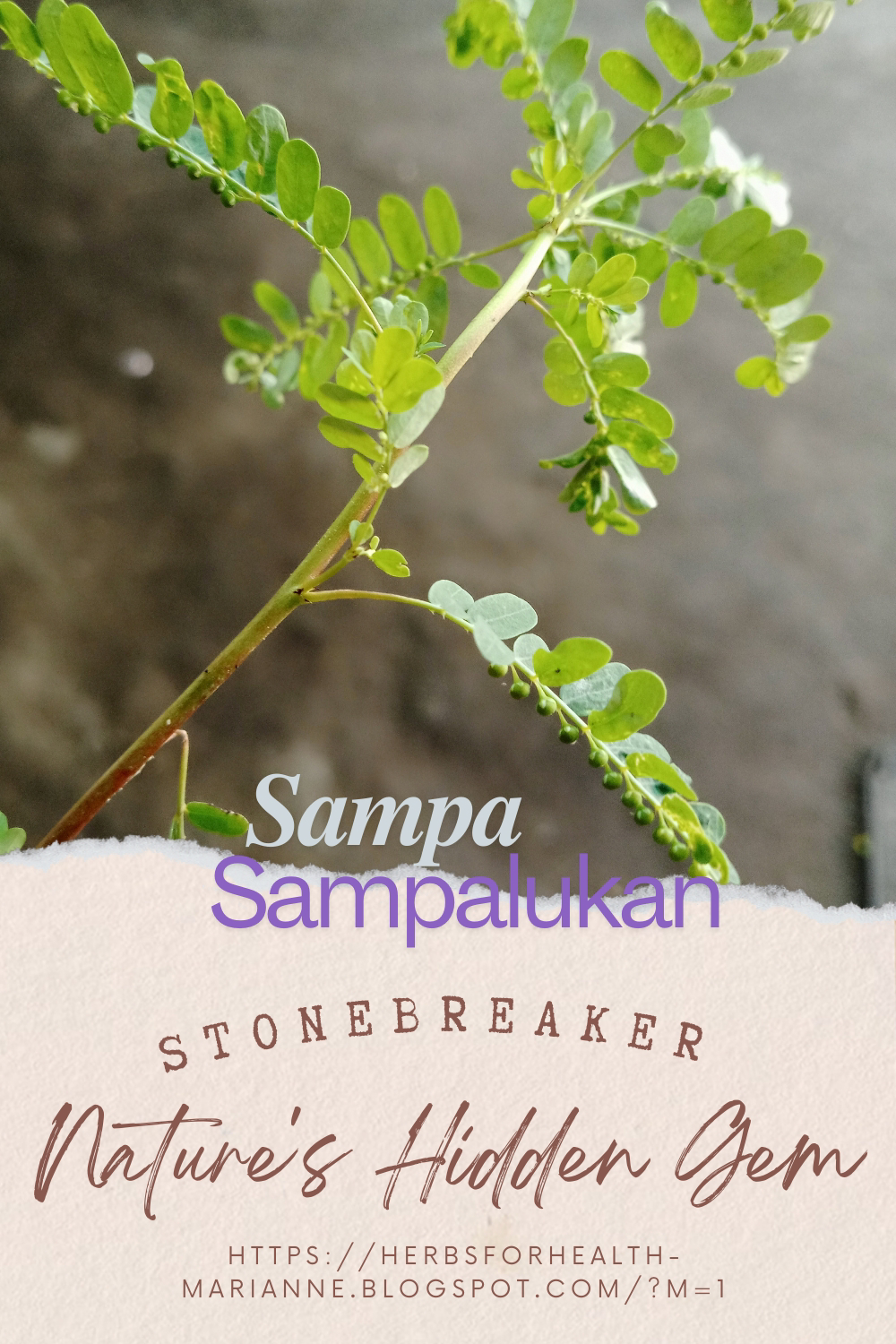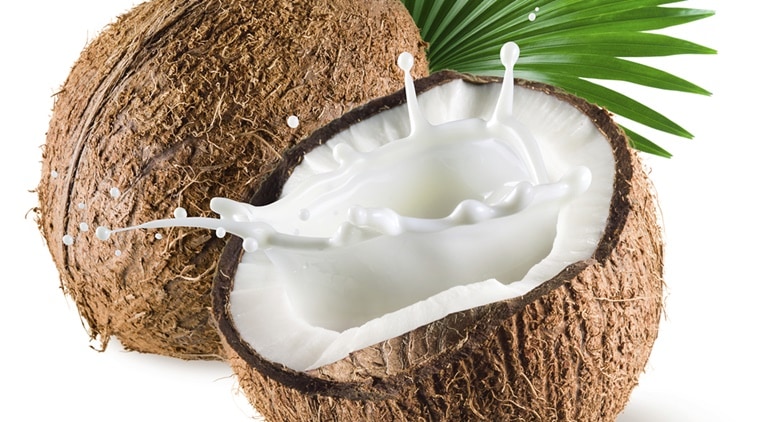The Philippines is home to countless medicinal plants, and one of its lesser-known treasures is Sampa-Sampalukan (Phyllanthus niruri), commonly known as stonebreaker or seed-under-leaf. This small yet mighty herb has been part of traditional medicine for centuries, offering a wealth of health benefits. Let’s explore its origins, uses, and why it deserves a place in your natural wellness routine.
---
What is Sampa-Sampalukan?
Sampa-Sampalukan is a small, annual herb belonging to the Phyllanthaceae family. It thrives in tropical climates, often found in backyards, roadsides, and gardens. The plant’s name is derived from its unique appearance—tiny round fruits grow directly under its leaves, giving it the nickname “seed-under-leaf.”
---
Traditional Uses of Sampa-Sampalukan
For generations, Filipinos have used Sampa-Sampalukan in herbal remedies to address a variety of ailments. Some of its traditional uses include:
1. Kidney and Gallstone Treatment
True to its name as "stonebreaker," Sampa-Sampalukan is known for its ability to help dissolve kidney and gallstones. It acts as a natural diuretic, flushing out toxins and preventing the formation of stones.
2. Liver Health
The plant is often used to support liver function. It is believed to protect the liver from damage caused by toxins, infections, or excessive alcohol consumption.
3. Diabetes Management
Folk medicine practitioners use Sampa-Sampalukan to regulate blood sugar levels. Its hypoglycemic properties make it a potential ally for individuals with diabetes.
4. Antibacterial and Antiviral Properties
The plant contains bioactive compounds that can fight infections, including those caused by bacteria and viruses. It is commonly used to manage coughs, colds, and urinary tract infections (UTIs).
5. Skin Issues
Decoctions made from Sampa-Sampalukan leaves and roots are applied to wounds, rashes, and skin irritations for faster healing.
---
Scientific Backing for Sampa-Sampalukan
Modern research has begun to confirm the traditional uses of this herb. Studies highlight its potential in areas such as:
Hepatoprotection: Protecting the liver from damage caused by hepatitis and other conditions.
Antioxidant Activity: The plant is rich in flavonoids and phenolic compounds that combat free radicals.
Anti-inflammatory Effects: It may help reduce inflammation in the body, easing symptoms of arthritis and other inflammatory conditions.
Immune Boosting: Sampa-Sampalukan enhances the immune system, helping the body fight infections naturally.
---
How to Use Sampa-Sampalukan
There are various ways to incorporate Sampa-Sampalukan into your health regimen:
1. Tea or Decoction
Boil fresh or dried leaves in water for 10–15 minutes. Drink this as a tea to support liver health, manage blood sugar, or ease urinary problems.
2. Topical Application
Crush the leaves into a paste and apply to skin wounds or irritations for natural healing.
3. Capsules or Supplements
Sampa-Sampalukan is also available in capsule or extract form, making it convenient for those who prefer pre-packaged herbal remedies.
---
Precautions and Safety
While Sampa-Sampalukan is generally safe, moderation is key. Pregnant or breastfeeding women, as well as individuals with pre-existing conditions, should consult a healthcare professional before using this herb. Long-term use without breaks may also strain the kidneys or liver, so it's important to use it responsibly.
---
The Future of Sampa-Sampalukan
In an age where natural remedies are gaining popularity, Sampa-Sampalukan holds immense potential. With ongoing research into its medicinal properties, this humble herb could soon gain recognition on a global scale.
For Filipinos, Sampa-Sampalukan serves as a reminder of the abundant resources nature provides for healing. By embracing this powerful plant, we honor not just our health but also the rich heritage of traditional Filipino medicine.
---
Have you tried Sampa-Sampalukan in your health routine? Share your experiences and let others discover the benefits of this amazing plant!


